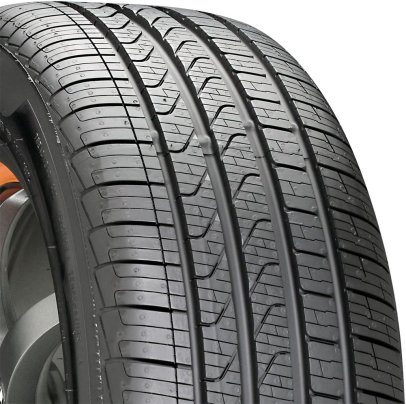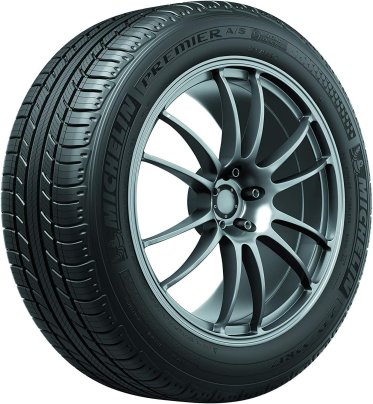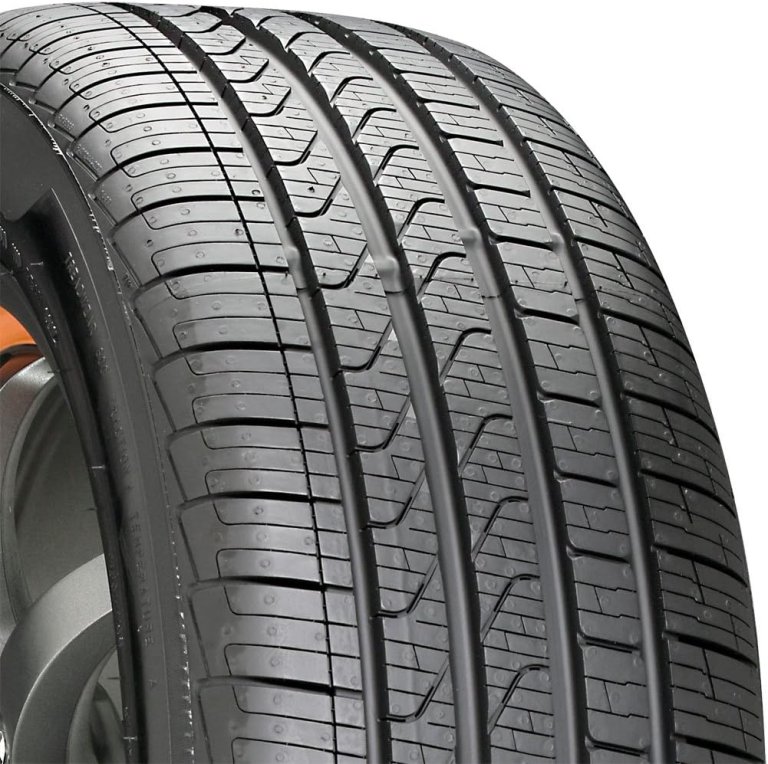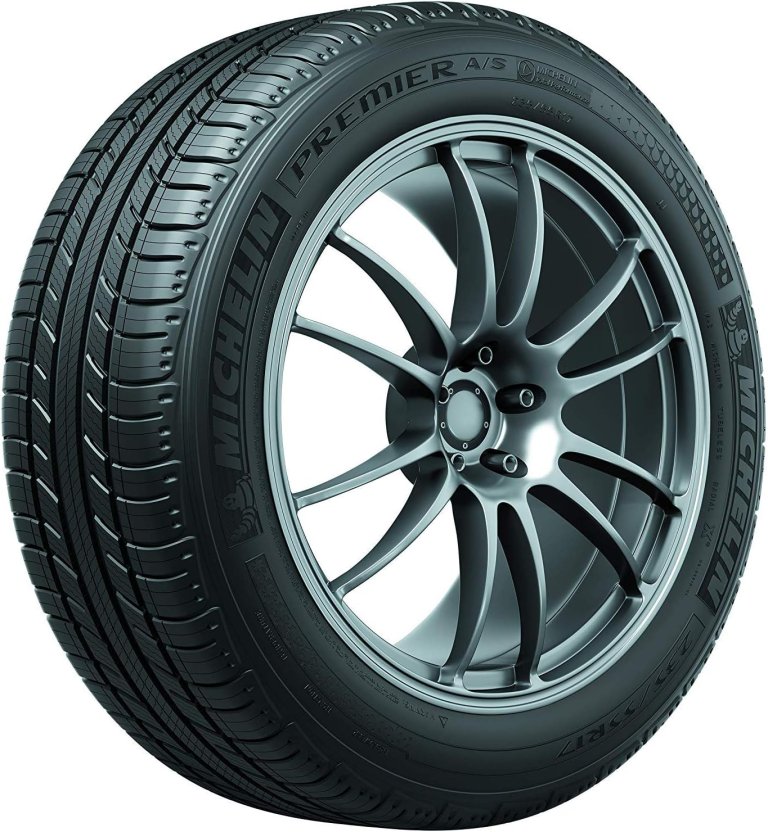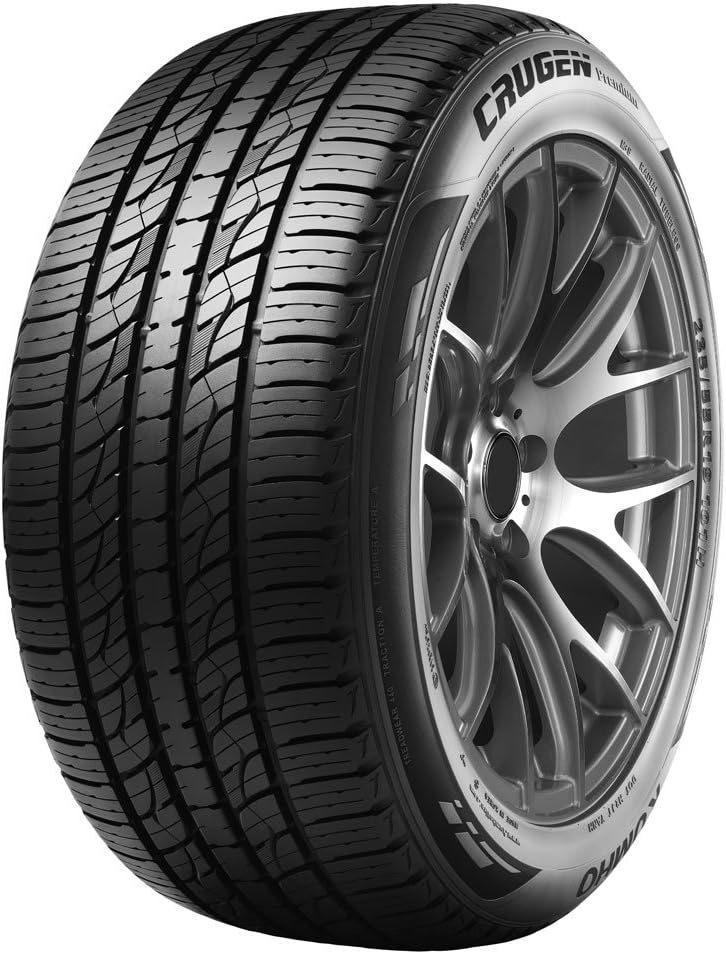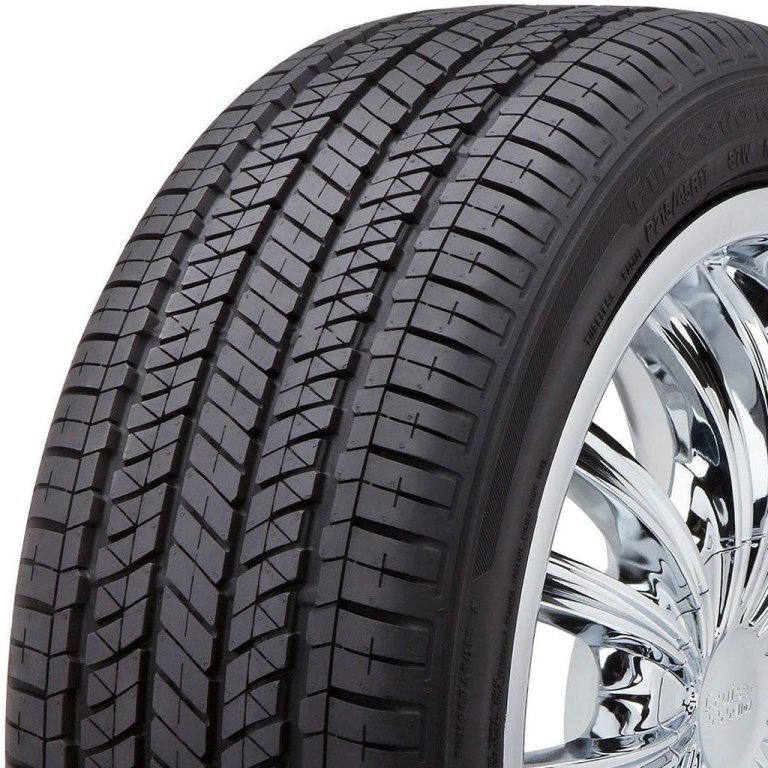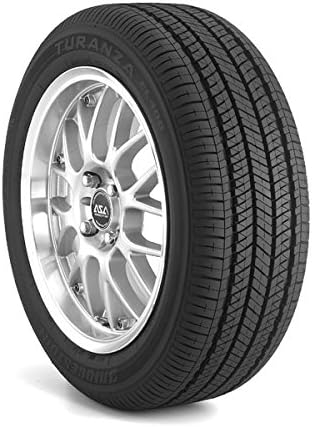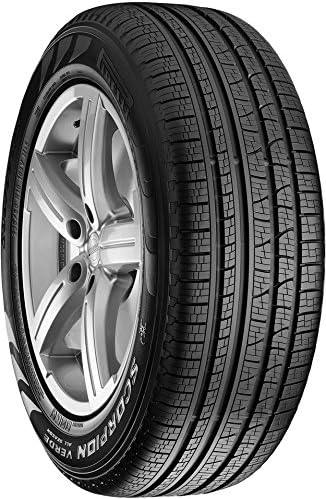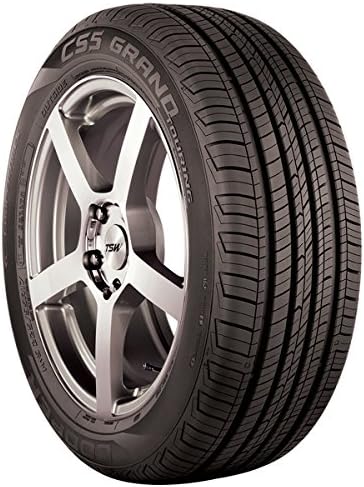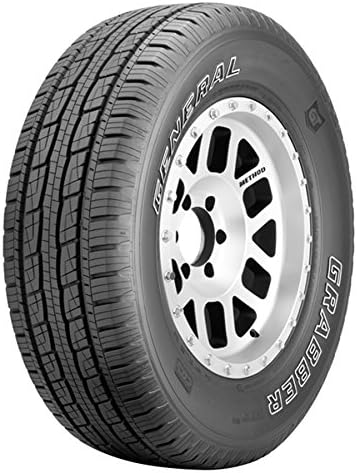We may earn revenue from the products available on this page and participate in affiliate programs. Learn more ›
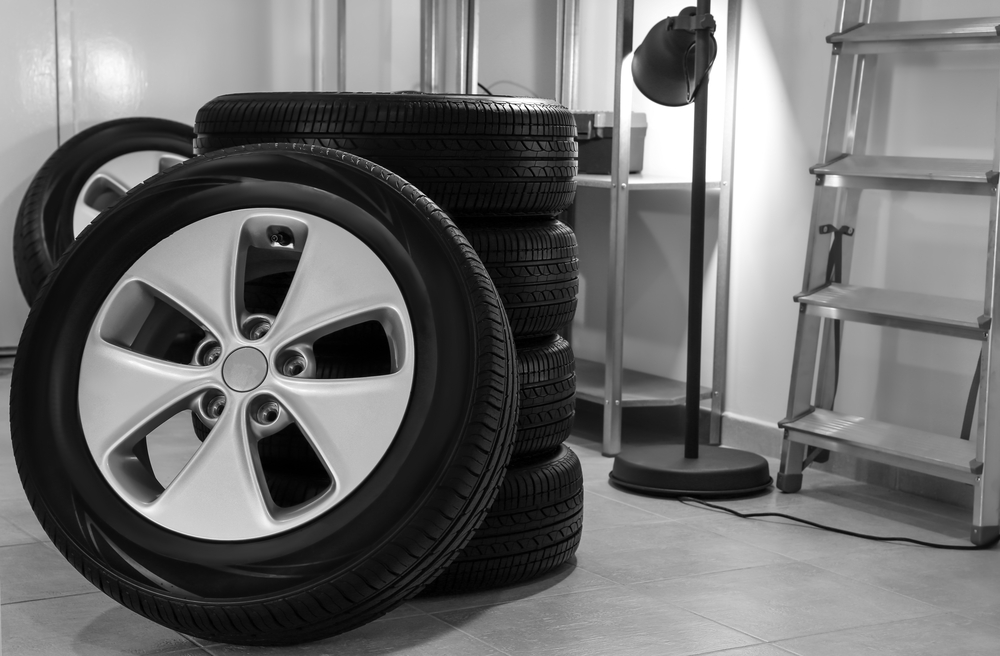
Have you ever driven down a quiet road only to be interrupted by a constant hum, squeal, or noise that persisted no matter what music you played? It was probably the sound of your tires. If you want to make your drive a little quieter, change the tires. In this buying guide, we highlight some of the best tires for comfort and noise.
Summary List
- Best Value: Pirelli Cinturato P7 All-Season Radial Tire
- Best All-Season: Michelin Premier A/S All-Season Radial Tire
Also Consider
- Continental ContiProContact SSR Run-Flat
- Firestone Fr740 Touring
- Bridgestone Turanza
- Pirelli SCORPION VERDE Season Plus Touring
- Cooper CS5 Grand Touring
- General GRABBER HTS60 All-Season
Best Tires for Comfort and Noise: Reviews & Recommendations
Best Value
Pirelli Cinturato P7 All-Season Radial Tire
Check Latest PriceBest All Season
Michelin Premier A/S All-Season Radial Tire
Check Latest PricePremium Pick
Kumho CRUGEN
Check Latest PriceHonorable Mention
Continental ContiProContact SSR Run-Flat
Check Latest PriceHonorable mention
Firestone Fr740 Touring
Check Latest PriceHonorable Mention
Bridgestone Turanza
Check Latest PriceHonorable Mention
Pirelli SCORPION VERDE Season Plus Touring
Check Latest PriceHonorable Mention
Cooper CS5 Grand Touring
Check Latest PriceHonorable Mention
General GRABBER HTS60 All-Season
Check Latest PriceOur Verdict on the Best Tires for Comfort and Noise
The Bridgestone Blizzak WS80 Winter Radial Tire clinches our top spot for its low noise emission and comfort.
If you want a tire that’s a little more affordable, the Pirelli Cinturato P7 All-Season Radial Tire is your best bet.
Tires for Comfort and Noise Pricing
- $50 – $100: You can find some quiet tires built for comfort in this price range, but they may not last that long. They can be some of the best tires you’ve ever driven on, but their overall tread life may be shorter than a premium set of tires. Prices for tires are based on the material used to construct them and their size or width.
- $100 and up: Tires priced here are what you should look for when it comes to improving safety, control, stability, and reduced noise. This price range includes some of the best tires for comfort and noise. They are constructed out of high-quality material and rubber that is built to last you several thousand miles.
Key Features
Size
Size is one of the most important factors to consider when choosing new tires. If you really want to control how much road noise you get from highways, you should stick with narrower tires with varied tread blocks. Tires that are large will reduce comfort and increase ride noise, especially on the highway.
Tread Pattern
Tread pattern is equally as important when choosing tires built to keep the noise down. As mentioned above, you should consider tires that have larger blocks and varied patterns. Also, look for ones with continuous, circumferential ribs with straight thin grooves. Thinner grooves tend to roll easier and don’t make quite as much racket as larger grooves.
Tips
- If a quiet ride is a high priority, look for features that cut noise such as a narrower tire size, a multiple pitch pattern (created by varied tread block shapes), smaller blocks, softer rubber composition, a reinforced shoulder, continuous circumferential grooves, and small hash marks inside grooves.
- Summer touring tires are the quietest tires and work well in warm weather. All-season tires aren’t as quiet but provide a more comfortable ride. SUV highway tires are noisier than touring and all-season tires but offer good traction, treadwear, and ride comfort.
- Some tires use silica in the tread compound and are more flexible, even in freezing temperatures. This feature also makes them quieter. Hard tires like all-terrain tires generate more noise as they have wider grooves, wider tread blocks, and wider voids.
FAQs
A: Tires produce noise because of the air trapped in the tread pattern that is suddenly released as the tire rolls on the road surface. Tread elements can also create something known as rhythmic percussion when they continuously hit the road surface.
A: If you like a comfortable, quiet ride, get tires that specifically mention low road-noise, a smooth ride, or comfort. Touring tires that have a low-speed rating (S, T, or H) are usually designed for comfort instead of higher speeds.
A: Because roads are not always smooth and weather conditions are not always perfect, tires must be made with tread patterns to withstand different conditions. Softer tires moving on perfect roads would produce almost no noise. However, the need for enhanced traction in wet weather calls for tread patterns that drain away water.
